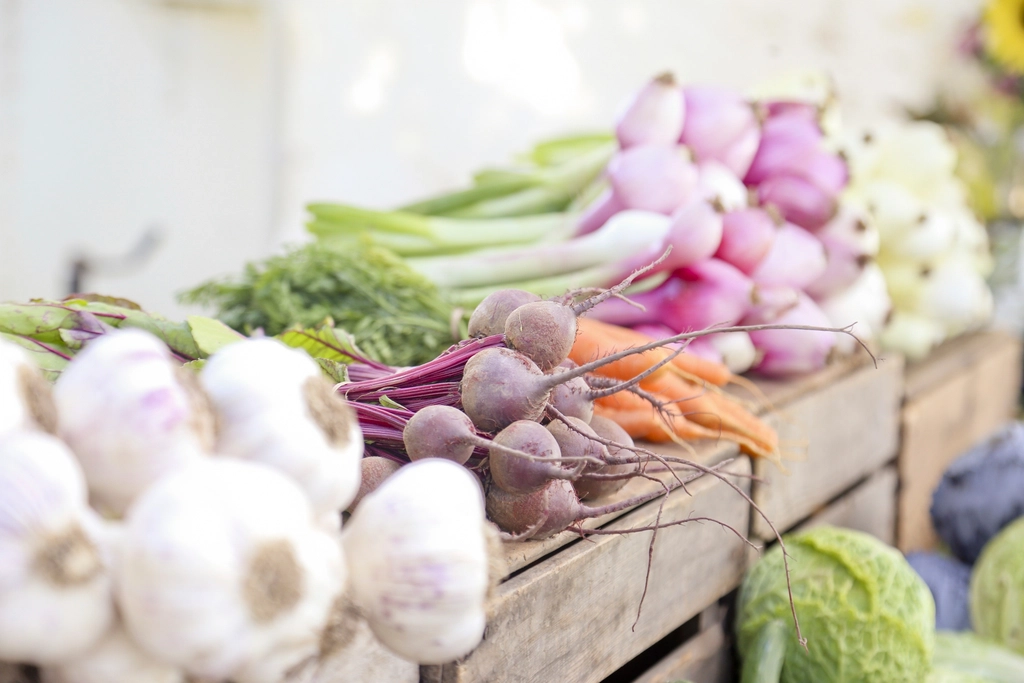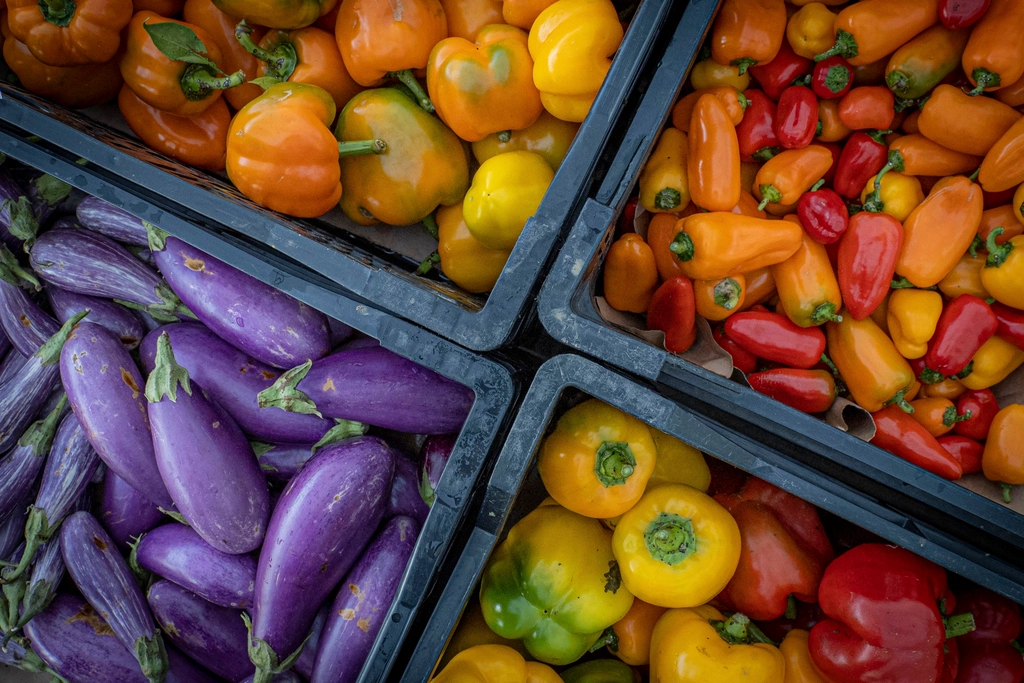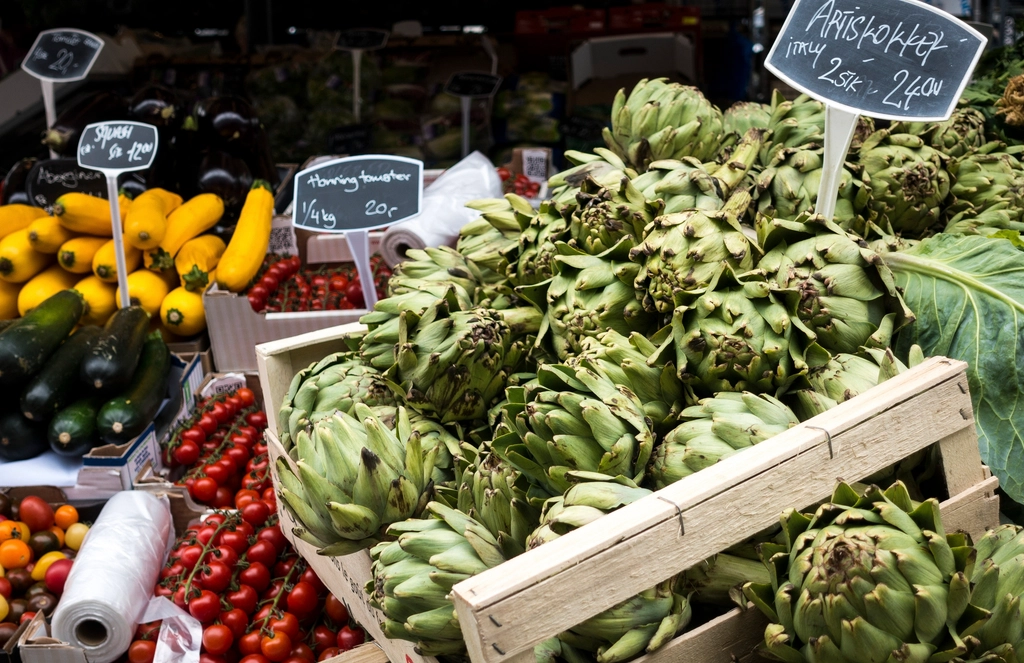Groceries can quietly drain your budget—but a few clever habits can stretch your money much further. Here are the most effective ways to cut costs without compromising on quality.
Choose Frozen Fruits and Vegetables

Frozen produce is often cheaper than fresh and just as nutritious. It's picked at peak ripeness and frozen immediately, so you get full flavor and longer shelf life—without the risk of it spoiling before use.
Plan Your Meals Ahead of Time

A weekly meal plan means fewer impulse buys and less food waste. You’ll only shop for what you actually need—and make use of perishable items across multiple meals.
Follow the 6-to-1 Rule

Not into strict meal plans? Try this method: buy six vegetables, five fruits, four proteins, three carbs, two sauces or spreads, and one fun item. It keeps things balanced and budget-friendly.
Also read: This Happens to Your Liver When You Drink Coffee Every Day
Check Your Pantry and Fridge First

Avoid double-buying by taking inventory before you shop. You might already have what you need—saving both money and food from going to waste.
Shop What’s in Season

Seasonal produce is cheaper, fresher, and tastier. Avoid out-of-season fruits and veggies that are shipped from far away and cost more just to arrive at your local store.
Visit the Farmers’ Market

Prices may surprise you—in a good way. With no middlemen, you can often score fresh, local produce at lower prices, while supporting the community at the same time.
Sign Up for Loyalty Programs

If you shop at the same stores regularly, loyalty cards are a no-brainer. You’ll get access to exclusive deals and discounts—sometimes even freebies during holidays.
Also read: The Most Overlooked Trick for Women's Pain Relief? It’s on Your Leg
Think Before You Buy in Bulk

Buying in bulk only saves money if you actually use it all. Ask yourself: Will I eat this before it goes bad? If not, you’re throwing away both food and cash.
Check Weekly Sales and Digital Coupons

Before you shop, check your store’s weekly ad online and look for digital or printable coupons. Let the deals guide your meal plan for maximum savings.
Skip Pre-Cut and Packaged Produce

It may be convenient, but it’s expensive. Buying whole fruits and veggies and prepping them yourself can save you a surprising amount—and they last longer, too.
Rethink Your Meat Purchases

Meat is one of the priciest items in your cart. Choose cheaper cuts, make stews that stretch the meat further, or try going meatless once or twice a week to slash your bill.
Also read: Drink Your Way to a Healthy Liver Using Only Ingredients from Home
Reduce Food Waste at Home

Food waste is money waste. Freeze leftovers, use up ingredients before they spoil, and stick to your plan. These small efforts can add up to big annual savings.
This Article Is Based on Information From Real Simple
Also read: Why Danes Sleep Better Than You – and How You Can Do the Same
